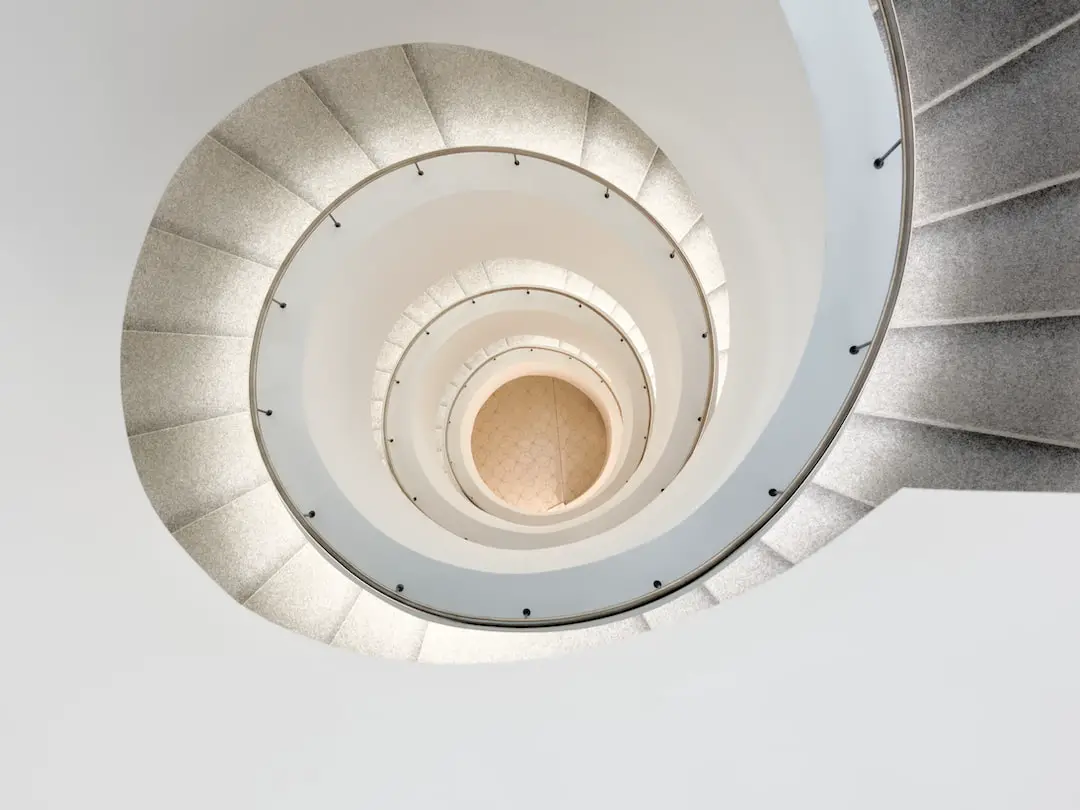
Fayetteville, North Carolina, is a city with a rich tapestry of history woven into its urban fabric. As you stroll through its streets, you’re taken on a journey through time, where each building tells a story of eras gone by. The architecture here is a physical narrative, charting the city’s evolution from its colonial roots to the bustling hub it is today. Let’s delve into this transformation, exploring the bricks and mortar that give Fayetteville its unique character.
The Colonial Beginnings
In the heart of Fayetteville, remnants of colonial architecture whisper tales of the city’s infancy. The Market House, standing proudly since 1832, is a testament to this era. Its arches and lofty clock tower echo the design sensibilities of a time when Fayetteville was a key player in trade and politics. This blend of Georgian and Greek Revival styles set the stage for the city’s architectural journey.
Antebellum and Civil War Influences
As the years rolled on, Fayetteville’s architecture began to reflect the antebellum South. Grand homes with sprawling porches and stately columns dotted the landscape. However, the Civil War brought turmoil, and with it, a shift in the city’s architectural story. Reconstruction efforts saw a mix of resilience and innovation, as buildings rose from the ashes, blending old Southern charm with the practicalities of a city in repair.
The 20th Century Boom
Fast forward to the 20th century, and Fayetteville’s architecture entered a period of eclectic growth. The arrival of Fort Bragg in the early 1900s spurred development, and the city’s buildings began to mirror the nation’s progress. Art Deco and Modernist structures emerged, showcasing sleek lines and new materials. This era brought a sense of optimism, reflected in the bold facades of downtown’s commercial buildings.
Preservation and Progress
As modernity marched on, Fayetteville faced the challenge of balancing growth with preservation. Historic districts like Haymount have become bastions of architectural conservation, where Victorian and Craftsman bungalows are lovingly maintained. Yet, the city continues to embrace the new, with contemporary designs cropping up, adding a fresh layer to Fayetteville’s architectural mosaic.
FAQs
What architectural styles are prevalent in Fayetteville?
Fayetteville boasts a diverse range of styles, from Georgian and Greek Revival to Victorian, Craftsman, Art Deco, and modern designs. This variety paints a vivid picture of the city’s historical and cultural evolution.
Can visitors tour historic buildings in Fayetteville?
Absolutely! Many of Fayetteville’s historic buildings are open to the public, offering a glimpse into the past. The Market House, along with several homes and museums in historic districts, provide guided tours that enrich the experience.
How has modern architecture been integrated into Fayetteville?
Modern architecture in Fayetteville is often seen in new commercial developments and public buildings. These structures complement the city’s historic fabric by using contemporary materials and design while respecting the surrounding context.
Conclusion
From its colonial roots to the modern-day, Fayetteville’s architecture has evolved dramatically. Each period has contributed layers to the city’s skyline, creating a rich architectural heritage. The careful preservation of historic buildings, coupled with the embrace of contemporary design, ensures that Fayetteville’s architecture will continue to tell the story of its past, present, and future. As we’ve explored the city’s architectural landscape, it’s clear that Fayetteville is a place where history is not only remembered but is also lived and breathed through its buildings. This dynamic blend of old and new makes Fayetteville’s architecture a true reflection of the city’s spirit – resilient, diverse, and ever-evolving.